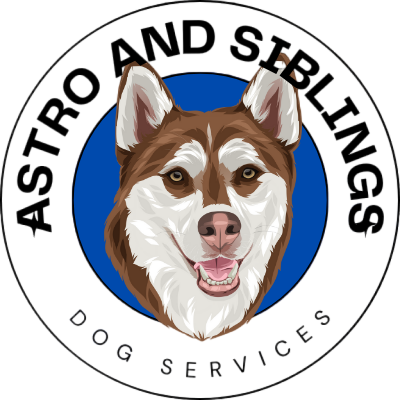Safe and Delicious Dog-Friendly Vegetables to Include in Their Diet
For pet owners, the health and happiness of their furry friends are always a top priority. This includes ensuring they receive a balanced diet that not only satisfies their nutritional needs but also introduces variety and enjoyment into their meal times. While dogs are primarily carnivorous, incorporating certain vegetables into their diet can provide them with essential vitamins, minerals, and fiber, promoting digestive health, weight management, and overall well-being. Here, we explore some safe and delicious dog-friendly vegetables that you can include in your pet's diet.
1. Carrots
Carrots are a fantastic vegetable for dogs, offering a crunchy treat that is low in calories and high in fiber and vitamins, particularly Vitamin A. This nutrient is crucial for maintaining good vision, skin, and coat health. Carrots can also help with dental health by naturally cleaning your dog's teeth as they chew. However, it's important to chop carrots into manageable pieces to prevent choking.
2. Green Beans
Green beans are another excellent vegetable that can be safely added to your dog's diet. They are rich in iron and vitamins B6, A, C, and K, all of which support healthy bones, blood, and immune function. Green beans are also very low in calories, making them a perfect snack for overweight dogs. Ensure they are plain and free from added salt or spices when serving to your pet.
3. Sweet Potatoes
Sweet potatoes are not only delicious but are also packed with dietary fiber, vitamins B6, C, and A, and are an excellent source of beta-carotene. This can help maintain healthy skin, coat, and eyes, as well as aid in immune function. Sweet potatoes should be cooked and served without any added sugars or spices. It’s also advisable to give them in moderation due to their high sugar content.
4. Peas
Peas are a great source of several essential nutrients, including vitamins K, B1, and C, manganese, fiber, and folate. These nutrients support your dog’s digestion and energy levels. Peas can be served frozen, thawed, or fresh, but it's important to avoid canned peas due to their high sodium content.
5. Pumpkin
Pumpkin is highly beneficial for dogs, especially for those with digestive issues. It is an excellent source of fiber, which can help regulate your pet's digestive system. Pumpkin is also rich in vitamin A and antioxidants, supporting vision, immune health, and skin health. Always opt for plain, canned pumpkin or cook and mash a pumpkin yourself, avoiding any spices or sweeteners.
6. Cucumbers
Cucumbers are particularly good for overweight dogs due to their low-calorie, high-water content. They also provide an array of nutrients including vitamins K, C, and B1, potassium, copper, magnesium, and biotin. Cucumbers can help promote fresh breath in dogs and are a refreshing treat during hot weather.
7. Zucchini
Zucchini is another low-calorie vegetable that’s safe for dogs to eat. It’s rich in vitamins B6, C, and K, magnesium, potassium, and manganese. This makes it excellent for their bones, teeth, and red blood cell health. Zucchini can be fed raw or cooked, without any added oils or seasonings.
8. Broccoli
Broccoli is high in fiber and vitamin C and is safe for dogs to eat in very small quantities. It contains isothiocyanates, which can cause gastric irritation in some dogs if fed in large amounts. It's best served as an occasional treat rather than a staple in their diet.
9. Brussels Sprouts
Brussels sprouts are packed with nutrients beneficial for dogs, including vitamins K and C, manganese, fiber, and potassium. They can help reduce inflammation and improve overall health. However, they can cause gas in some dogs, so it's best to introduce them into your dog's diet slowly and in small quantities.
10. Spinach
Spinach is rich in antioxidants, iron, and vitamin K, which can support bone health. However, because it contains oxalates, which can potentially cause kidney issues in large amounts, it should be provided to your dog in moderation. A small amount of cooked spinach can be a healthy addition to their diet.
- Always opt for fresh or plain cooked vegetables, avoiding those canned with salt or additives.
- Introduce new vegetables into your dog's diet slowly to monitor for any adverse reactions.
- Consult with your veterinarian before making significant changes to your dog's diet, especially if your dog has specific health issues.
- Balance is key. While vegetables can provide essential nutrients and variety, they should not replace the primary components of your dog’s diet.
Including a variety of safe and nutritious vegetables can enrich your dog's diet while providing them with numerous health benefits. Each vegetable listed here offers a unique set of nutrients that can contribute to your pet's overall well-being, from supporting immune function to promoting healthy digestion, skin, and coat. Remember, moderation is crucial, and always consult with your vet if you're unsure about introducing new foods into your dog's diet. By carefully selecting dog-friendly vegetables and preparing them in a safe manner, you can enjoy the process of broadening your pet's culinary horizons while keeping them healthy and happy.
